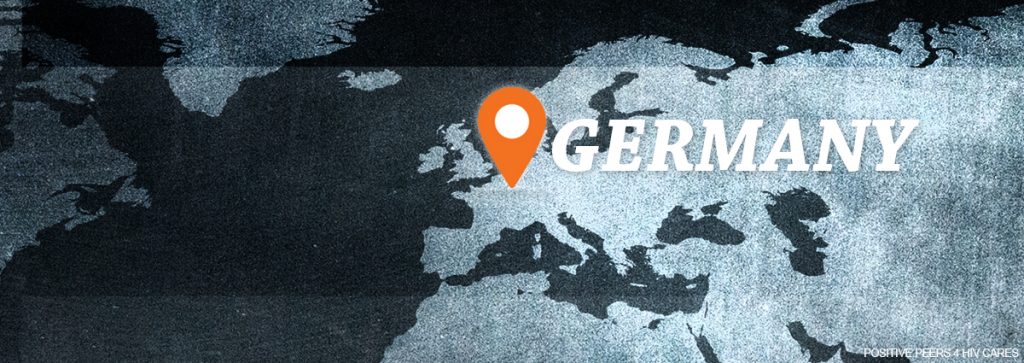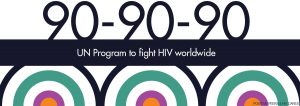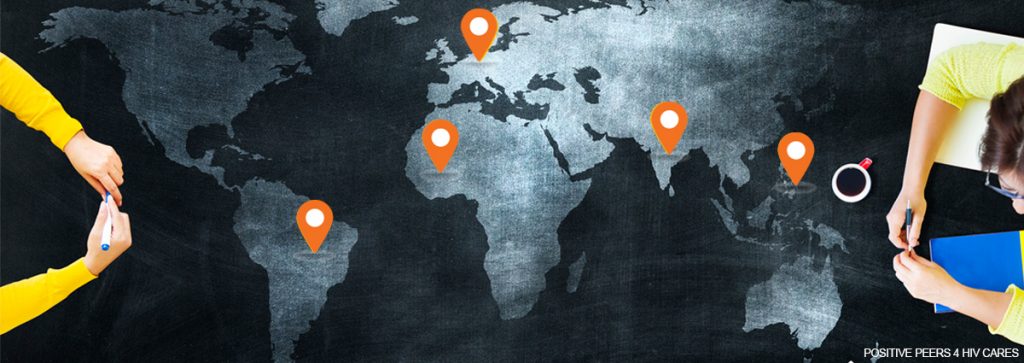
By: Jennifer McMillen Smith, LISW-S, HIV Social Worker at MetroHealth Medical Center and medically reviewed by Ann K. Avery, MD, Infectious Disease Physician at MetroHealth Medical Center
We all have to work together to stop HIV. The cure could come from anywhere — a lab in Africa, a university in Europe, a clinic in Asia, or a pharmaceutical company in South America.
All around the world, scientists and medical professionals are making progress in the fight against HIV. They’re developing new treatments and unlocking secrets hidden for decades.
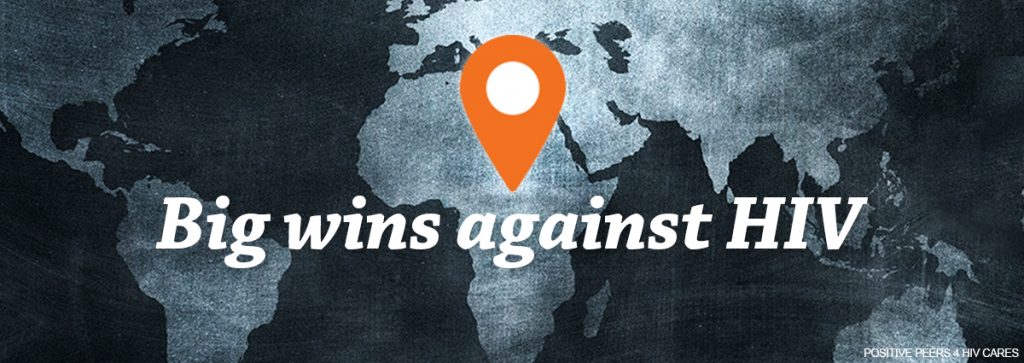
Big wins against HIV worldwide
HIV is a tough virus to defeat — but people are just as tough and committed to fighting it. Here are some recent global victories:
- AIDS-related deaths have been slashed in half since 2010 in eastern and southern Africa. And mother-to-child transmission of HIV has been eliminated in Armenia, Belarus, Cuba, Moldova, and Thailand. More at NPR.org.
- Seven countries have already achieved the 90-90-90 goal (90-90-90 means 90% of people living with HIV know their status, get sustained treatment, and have viral suppression). Those countries are Botswana, Cambodia, Denmark, Iceland, Singapore, Sweden, and the United Kingdom. More at UNAIDS.com.
Each country has a unique population that creates specific challenges for treating HIV including funding for treatment and research, cultural challenges that may increase stigma, and complex political climates. Let’s take a look at how five countries are tackling these problems:
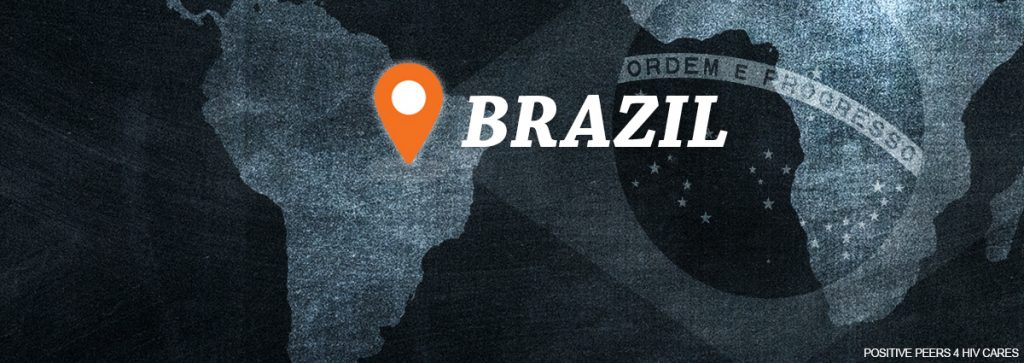
Brazil
Brazil has a strong track record on fighting HIV. It started distributing generic versions of anti-retroviral medications in the 1990s, which helped reduce prices worldwide. Brazil’s government reportedly buys and distributes more condoms than any other country, and it has been providing free anti-retroviral therapy (ART) to people living with HIV since 2013.
Despite all these efforts, the country experienced a sharp increase in HIV infections in young people. That motivated the government to start providing free PrEP to at-risk young people in 2017. More at The New York Times.
Come join our private, stigma-free, supportive community.
Health management tools with medication & appointment reminders.
Social networking in a community conversation & private chats.
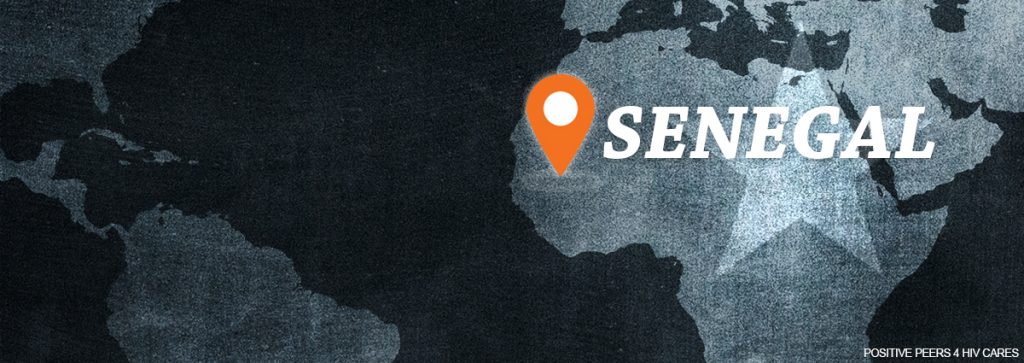
Senegal
This small nation in western Africa is fighting to reduce mother-to-child transmission of HIV. The nation provides free ART medications and has a doctor work with the children of mothers who are living with HIV for 18 months after birth. It’s also reaching out to folks who engage in high-risk activities like injection drug use to reduce their risk of HIV infection.
Progress has been difficult in Senegal, and many other nations for that matter, because too many people don’t know their HIV status. That, in turn, puts many others at risk. Even so, Senegal has far surpassed the success of its neighbors in Africa, cutting new infections by three-quarters since 2010 and reducing HIV infections to 0.4% of the population vs. 4.3% for all of sub-Saharan Africa. More at The Economist.
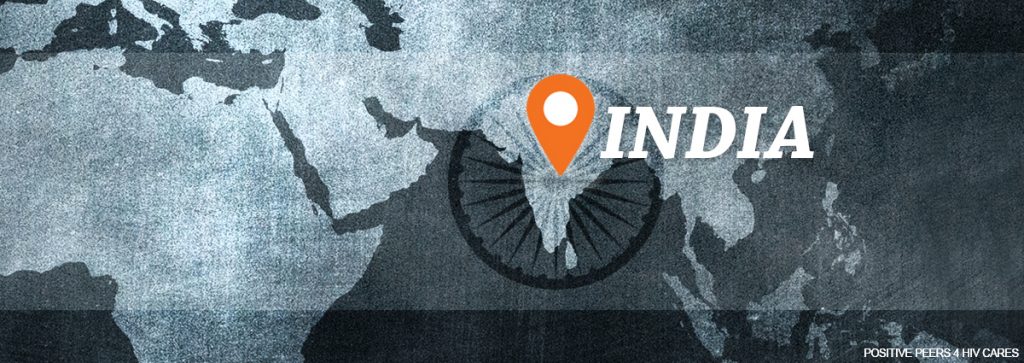
India
India’s population of 1.3 billion poses a daunting challenge for government health officials. India has 22 main languages and a wide variety of cultures and traditions, making it difficult to produce the same results for every community.
As in so many nations, taboos about sexuality and gender roles discourage people from addressing the risk of HIV in India. One sign of progress: India’s Parliament passed a law in 2017 making it illegal to discriminate against people with HIV or AIDS. India is the largest country to create such a law. More at CNN.
Germany
As one of the world’s richest and most technologically advanced nations, Germany has big-time ambitions for HIV — stopping AIDS by 2020. Germany has been treating people living with HIV for more than 20 years. For all its efforts, it’s still dealing with about 1,000 AIDS diagnoses every year because people either lack access to treatment or wait too long to get diagnosed.
Germany’s anti-HIV efforts include reducing stigma and reaching out to underserved communities like undocumented migrants. More at UNAIDS.org.
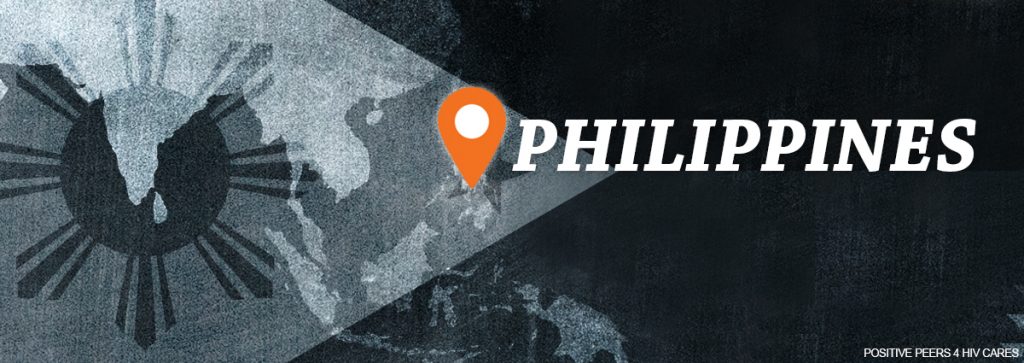
The Philippines
This nation of islands has the fastest-growing rate of HIV infections in the Asia-Pacific region. Government policies reportedly limit access to condoms and HIV tests. And education about HIV prevention could be much better. Worse yet, new strains of HIV are more dangerous than previous varieties of the virus, making it harder to fight the disease. More at DW.com.
In addition, the country’s active “Drug War” (government-ordered killing of suspected drug users and dealers) may also make it more difficult for parts of the population to seek treatment and reduce their risk of getting HIV from shared needles. In the United States, programs like needle exchanges work to decrease HIV risk among those who use injection drugs.
Caution and optimism
As the experience of the Philippines shows, the news on HIV isn’t all wonderful. Infections are climbing in Eastern Europe and Central Asia, thanks in part to the stigma around drug use and being gay, according to NPR.org. So, there’s still plenty of work to be done — worldwide as well as here in the United States.
Even so, the news on HIV does seem to be getting better in most parts of the world, and that’s something to celebrate! The most impressive gains are happening in places where people join forces in government, science, and local communities to tackle stigma and traditions that hold back progress.
Related Blogs:

